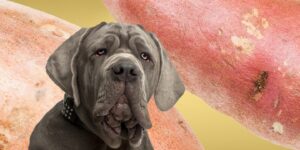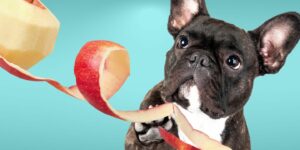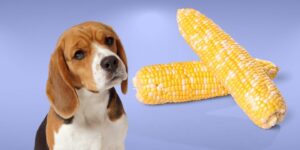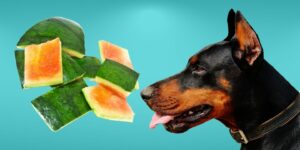Dogs are known for their indiscriminate eating habits, but that doesn't mean that everything they encounter is safe for them to eat. Banana peels, in particular, can be a potential health hazard for dogs if consumed. In general, it is not recommended for dogs to eat banana peels, as they can cause digestive issues or even intestinal blockage. A balanced diet is essential for dogs to maintain good health, and alternative fruit options can offer nutritional benefits without the risks associated with banana peels.
Nutritional content of banana peels
Comparison to the edible portion of the banana
Bananas are a good source of vitamins and minerals, such as potassium, vitamin C, and fiber. The peel, however, is not as nutrient-rich as the fruit and doesn't provide any significant benefits for dogs.
Essential nutrients for dogs
Dogs require a balanced diet that includes proteins, carbohydrates, fats, vitamins, and minerals. Banana peels do not supply these essential nutrients in meaningful amounts.
Nutrients found in banana peels
While the peels contain some fiber, antioxidants, and vitamins, they are not a significant source of these nutrients for dogs and are not worth the potential health risks.
Potential hazards of feeding dogs banana peels
Digestive issues
Difficulty in breaking down the peel
Dogs have a hard time digesting banana peels due to their tough, fibrous texture. This can lead to digestive discomfort or more serious issues.
Potential for upset stomach or diarrhea
Consuming banana peels can cause an upset stomach, leading to vomiting or diarrhea in dogs.
Intestinal blockage
Signs and symptoms
Banana peels can cause intestinal blockage if swallowed in large pieces. Signs include vomiting, abdominal pain, inability to pass stools, and lethargy.
Treatment options
Intestinal blockage may require surgery or other medical interventions to remove the obstruction.
Choking hazard
Risks associated with swallowing large pieces
Swallowing large pieces of banana peel can result in choking, which is dangerous and potentially life-threatening.
Preventative measures
To avoid the risk of choking, always monitor your dog closely and ensure they don't have access to banana peels.
Alternative fruit options for dogs
Safe fruits for dogs to consume
Many fruits are safe for dogs to eat, including apples, blueberries, and watermelon. These fruits provide nutritional benefits without the risk of digestive issues or choking hazards.
Nutritional benefits of various fruits
Fruits can provide vitamins, minerals, and antioxidants that are beneficial to dogs' overall health.
Feeding guidelines and precautions
Always remove seeds and pits from fruits, as these can be harmful to dogs. Introduce new fruits slowly to monitor for any adverse reactions and give in moderation as treats, not as a main part of their diet.
How to handle accidental banana peel consumption
Monitoring your dog's symptoms
If your dog accidentally eats a small piece of banana peel, monitor for any signs of digestive upset or intestinal blockage.
When to contact a veterinarian
If your dog consumes a large amount of banana peel or shows symptoms of intestinal blockage or choking, contact your veterinarian immediately for advice.
Tips for preventing future incidents
To prevent accidental banana peel consumption, store peels in a closed container and dispose of them properly. Always supervise your dog to ensure they don't have access to hazardous items.
Frequently Asked Questions
Can dogs eat bananas without the peel?
Yes, dogs can safely eat bananas in moderation as a treat, without the peel.
What are other fruits that dogs should avoid?
Dogs should avoid grapes, raisins, and currants, as these can be toxic and cause kidney damage.
How can I incorporate fruits into my dog's diet safely?
Introduce fruits slowly, remove seeds or pits, and give in moderation as treats, not as a main part of their diet.
Conclusion
Banana peels are not recommended for dogs due to the potential digestive issues and other health hazards they can cause. Provide a balanced, safe diet for your dog that includes alternative fruit options and avoid feeding them banana peels. Always monitor your dog closely and contact your veterinarian if you suspect they have consumed a harmful item.








